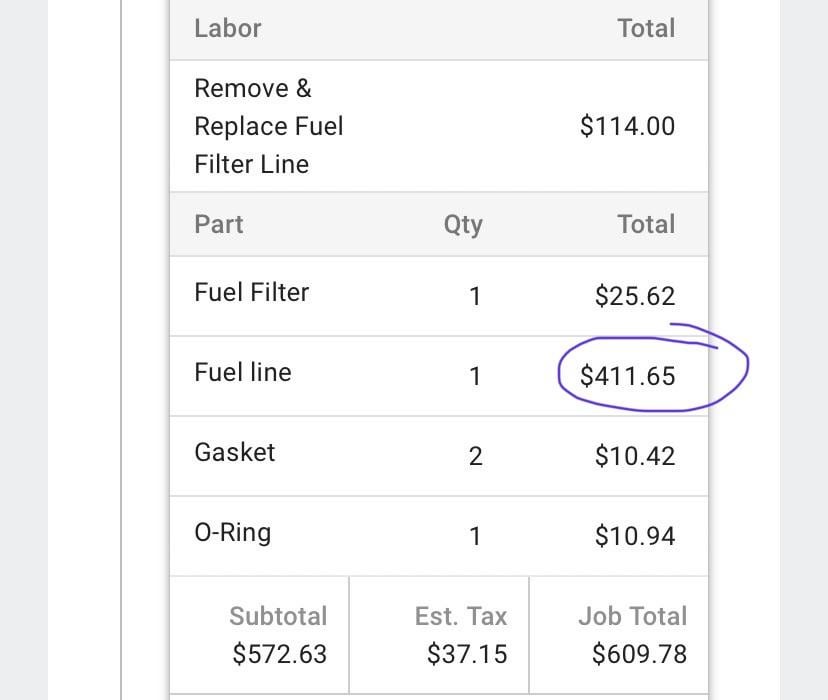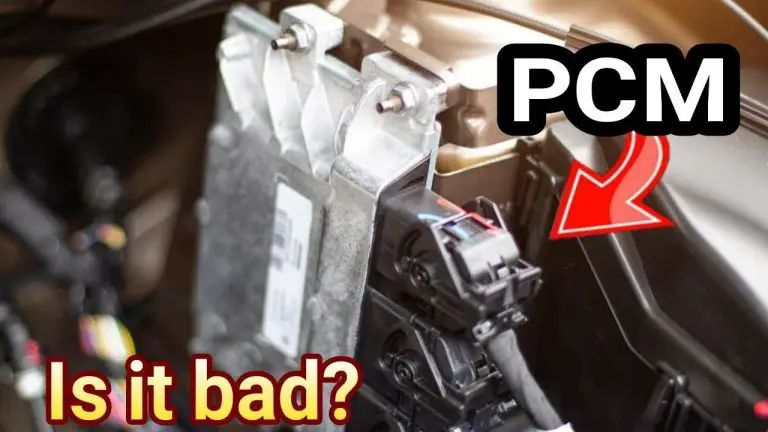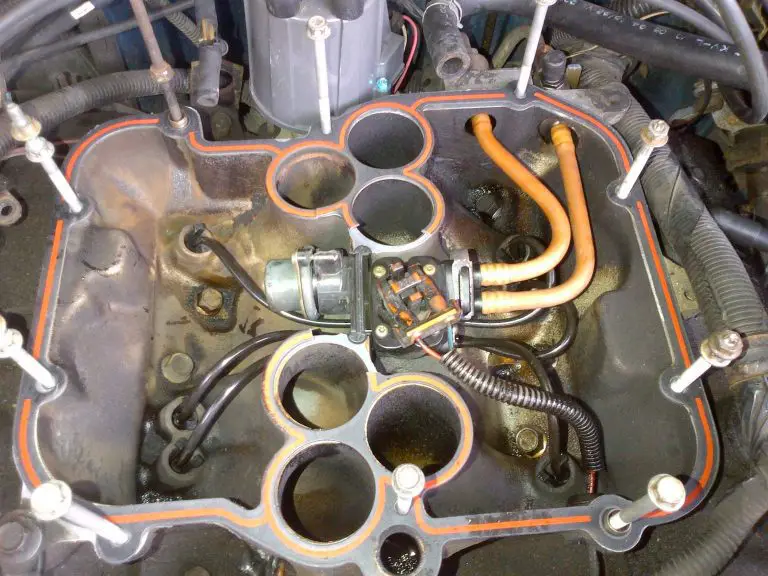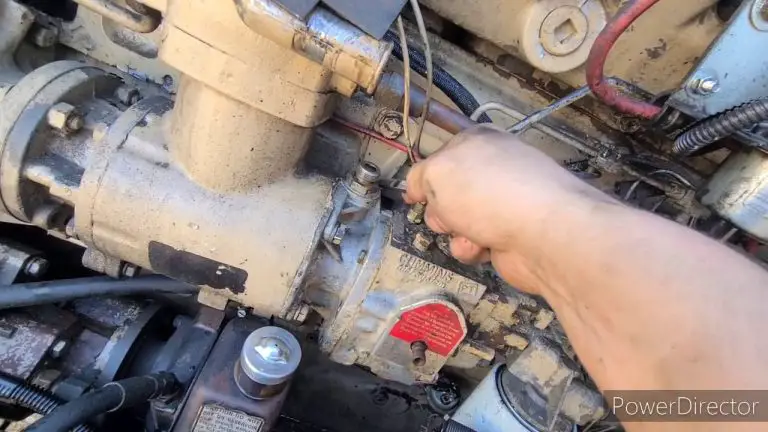Replacing Fuel Lines Cost: Save Money with DIY Techniques
When it comes to maintaining your vehicle, the fuel system is a crucial component to keep in top condition. Over time, fuel lines may deteriorate, corrode, or become damaged, potentially leading to fuel leaks and engine performance issues. If you’re in Austin, Texas, and wondering about the cost of replacing fuel lines, you’ve come to the right place. Let’s explore the process, factors affecting the cost, and some insights into fuel line replacement.
Your car’s fuel lines are the vital arteries that deliver gasoline from the tank to the engine, keeping the wheels turning. But like any other component, these lines can deteriorate with time or suffer accidental damage, necessitating replacement. If you’re facing a fuel line replacement, understanding the cost factors can help you budget and make informed decisions.
How much does it cost to replace fuel lines?
The cost of replacing fuel lines can vary based on several factors, including the make and model of your vehicle, the extent of the damage, and the labor charges in Austin, Texas. On average, the cost can range from $200 to $1500, with higher-end vehicles potentially incurring more expenses due to specialized parts and labor.
Factors influencing the cost:
- Make and Model of the Vehicle
- Extent of Damage
- Labor Charges in Austin, Texas
- Specialized Parts for High-End Vehicles

Credit: www.reddit.com
Fuel Line Replacement Cost Breakdown:
The total cost of fuel line replacement can vary significantly depending on several factors:
- Vehicle Make and Model: Different car manufacturers utilize varying fuel line materials, lengths, and complexities. Replacing lines on a high-end luxury car will likely cost more than on a budget-friendly sedan.
- Number of Lines Replaced: Not all vehicles have a single fuel line. Some have separate lines for supply and return, and some complex systems might even have additional lines for specific functions. The more lines needing replacement, the higher the overall cost.
- Extent of Damage: A simple leak on a readily accessible line is less expensive to fix than extensive damage requiring significant disassembly of vehicle components to access hidden lines.
- Labor Rates: Mechanic labor costs vary depending on your location and the shop you choose. Hourly rates in urban areas tend to be higher than in rural areas.
- Parts Cost: The price of the fuel line itself can fluctuate based on material (rubber vs. metal), length required, and brand (OEM vs. aftermarket).
Here’s a general cost range to give you an idea:
- Low-End ($120 – $300): This might apply to replacing a short, easily accessible fuel line on a common vehicle in a low labor cost area.
- Mid-Range ($300 – $700): This is a more typical range for replacing a single fuel line on most vehicles, considering average labor rates and parts costs.
- High-End ($700 – $1500+): This applies to complex replacements involving multiple lines, extensive labor due to difficult access, or high-end vehicle parts.
Saving on Fuel Line Replacement:
While replacing fuel lines can be costly, there are ways to potentially minimize the expense:
- Get Quotes: Compare prices from multiple repair shops before making a decision.
- Consider Aftermarket Parts: Aftermarket fuel lines can be a cost-effective alternative to OEM parts, but ensure they meet quality and safety standards. Discuss this option with your mechanic.
- DIY (Do It Yourself) – Approach with Caution: Replacing fuel lines can be complex and requires specific tools and knowledge. If you’re not mechanically inclined, attempting a DIY job could lead to further complications and higher costs.
The Importance of Addressing Fuel Line Issues:
Ignoring a faulty fuel line is not an option. A leak can not only cause performance issues and decreased fuel efficiency, but it also poses a significant fire hazard. If you suspect a fuel line problem, such as a gasoline odor, visible leaks, or engine sputtering, get your car checked by a qualified mechanic immediately.
Can you replace fuel lines yourself?
While some car enthusiasts may consider replacing fuel lines themselves, it’s important to prioritize safety and quality. Specialized tools and expertise are often required for this task, and any mistakes could lead to serious safety hazards. Therefore, it’s advisable to consult a professional mechanic for fuel line replacement.
Replacing fuel lines yourself can be risky and it’s generally not recommended for someone without mechanical experience. Here’s why:
- Fuel Lines Carry Flammable Liquids: A small mistake during the replacement process could result in a leak, creating a fire hazard.
- Special Tools Required: You’ll likely need specific tools to disconnect and reconnect the fuel lines properly. Using improper tools could damage the lines or surrounding components.
- Knowledge of Fuel Line Routing: Fuel lines can have complex routing depending on the vehicle. Disconnecting and reconnecting them incorrectly could lead to fuel leaks or engine issues.
- Safety Precautions are Crucial: Working with fuel systems requires following safety protocols to minimize the risk of fire or inhalation of gasoline fumes.
If you’re not comfortable with these aspects, it’s best to leave fuel line replacement to a qualified mechanic. They have the experience, tools, and knowledge to handle the job safely and effectively.
How long does it take to replace fuel lines?
The duration for a fuel line replacement can vary based on the specific repairs needed and the type of vehicle. Typically, it may take around 1 to 4 hours, depending on the complexity of the job. If additional fuel system components require attention, such as the fuel pump or filter, the duration may be longer.
The time it takes to replace fuel lines can vary significantly depending on several factors:
- Number of Lines Replaced: A single, easy-to-access line will obviously take less time to replace than a complex system with multiple lines.
- Accessibility of Lines: Lines that are readily accessible under the hood will be quicker to replace compared to lines hidden beneath the car or requiring the removal of other components.
- Extent of Damage: Simple repairs like a leak on a readily accessible line are much faster than situations requiring significant disassembly or additional repairs due to damaged components.
- Mechanic’s Experience: An experienced mechanic can typically replace fuel lines more efficiently than someone less familiar with the specific vehicle.
With these factors in mind, here’s a general range of time to expect:
- Low-End (1-2 Hours): This might apply to replacing a short, easily accessible fuel line on a common vehicle by an experienced mechanic.
- Mid-Range (2-4 Hours): This is a more typical range for replacing a single fuel line on most vehicles, considering moderate accessibility and average mechanic experience.
- High-End (4+ Hours): This applies to complex replacements involving multiple lines, extensive disassembly due to difficult access, or troubleshooting additional problems.
Important Note: These are just estimates. It’s always best to consult with a mechanic directly for a more accurate timeframe based on your specific situation. They can assess the vehicle, diagnose the problem, and provide an estimate based on the labor involved.
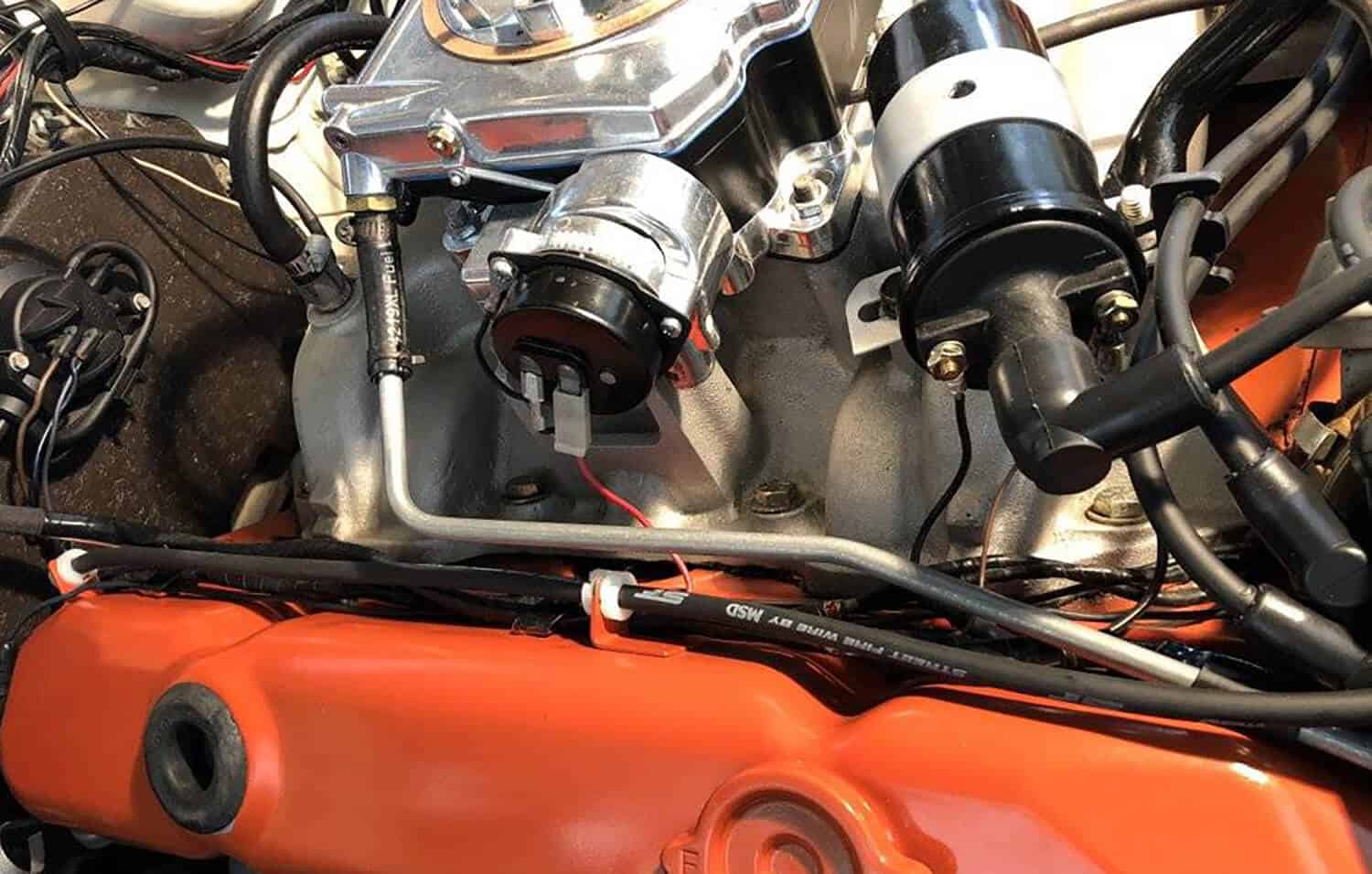
Credit: uchanics.ca
Cost of Fuel Line Replacement: Reddit Community Insights
Reddit’s automotive communities provide valuable insights into fuel line replacement costs. Users discuss a wide range of expenses, often influenced by geographical location and vehicle models. These discussions can offer a glimpse into real-world experiences and help you gauge the potential costs in Austin, Texas.
Fuel Line Replacement in Austin, Texas: What to Consider
When seeking a professional for fuel line replacement, consider the reputation and expertise of the auto repair shop. Quality workmanship and reliable service are crucial for ensuring the long-term performance and safety of your vehicle. Additionally, inquire about warranty coverage for the replacement parts and labor, providing you with added peace of mind.
Frequently Asked Questions
How Much Does It Cost To Replace Your Fuel Line?
Replacing a fuel line can cost between $150 to $1,500 depending on the vehicle and complexity of the repair.
How Long Does It Take To Replace Fuel Lines?
Replacing fuel lines can take anywhere from an hour for a simple replacement to a few hours for more complex repairs involving fuel pump or filter issues. Factors such as the extent of damage and the type of vehicle can also impact the time required.
Can You Replace Fuel Lines Yourself?
Yes, you can replace fuel lines yourself with proper tools and prioritizing quality in decision-making.
Is A Fuel Leak Expensive To Fix?
A fuel leak repair can range from $100 to $1000, depending on the extent of the damage and the type of vehicle.
Conclusion
Understanding the cost and process of replacing fuel lines is essential for maintaining your vehicle’s performance and safety. By consulting a reputable mechanic in Austin, Texas, you can receive expert guidance and ensure the optimal functioning of your fuel system. Prioritize safety, quality, and professional expertise when addressing fuel line replacement, and your vehicle will continue to serve you reliably.

